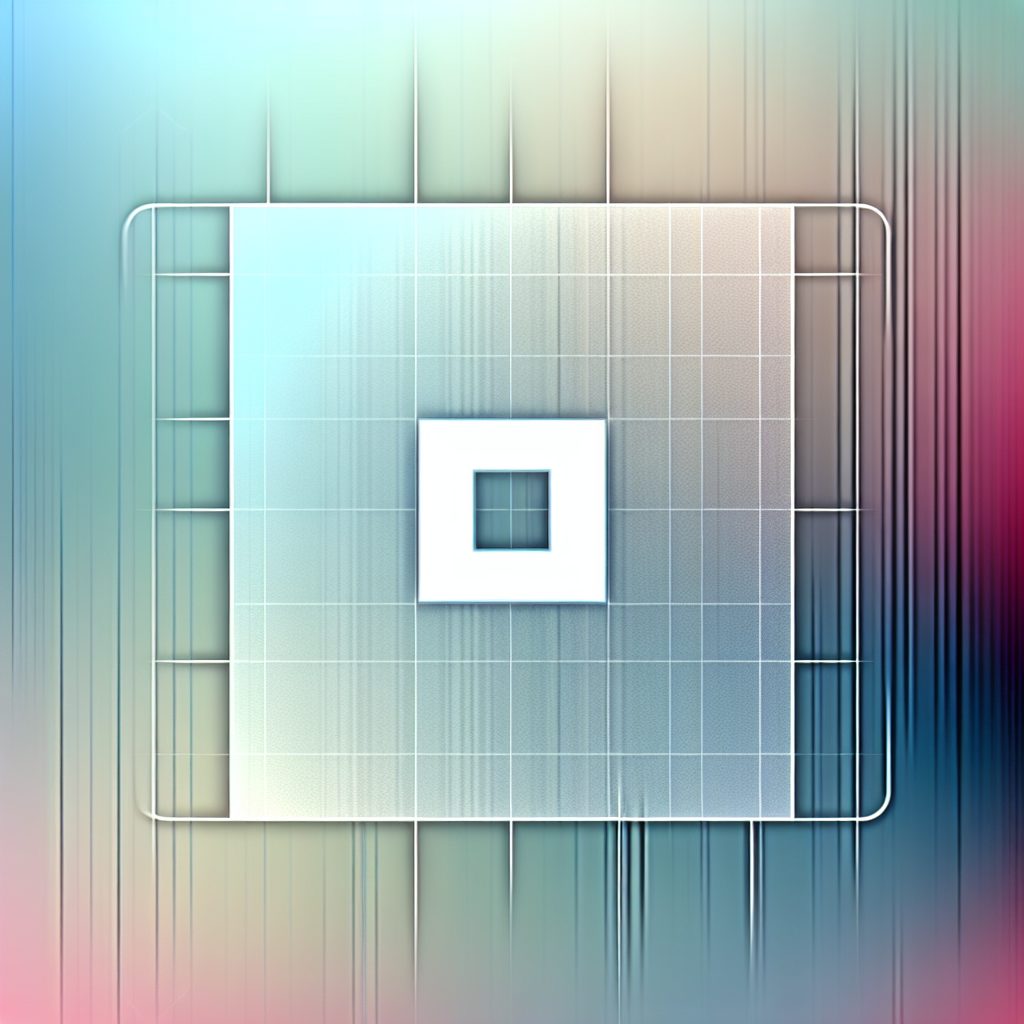What Is a Genesis Block in Crypto?
The concept of a Genesis Block is fundamental to understanding blockchain technology and cryptocurrencies. It represents the very first block in a blockchain, serving as the foundation upon which all subsequent blocks are built. This article delves into the intricacies of the Genesis Block, its significance, and its implications in the cryptocurrency landscape.
Understanding the Genesis Block
The Genesis Block, also known as Block 0, is the initial block of a blockchain. It is unique because it does not reference a previous block, unlike all other blocks in the chain. This block is crucial for establishing the blockchain’s history and integrity.
In Bitcoin, the Genesis Block was mined by its creator, Satoshi Nakamoto, on January 3, 2009. This block contains a message embedded in its coinbase transaction: “The Times 03/Jan/2009 Chancellor on brink of second bailout for banks.” This message not only timestamps the block but also reflects the motivations behind the creation of Bitcoin, emphasizing a desire for a decentralized financial system.
The Technical Aspects of the Genesis Block
From a technical perspective, the Genesis Block is similar to any other block in a blockchain. It contains:
- Block Header: This includes metadata such as the version, timestamp, and nonce.
- Transaction Counter: Indicates the number of transactions included in the block.
- Coinbase Transaction: The first transaction in the block, which rewards the miner with newly minted coins.
However, the Genesis Block has some unique characteristics:
- It has no parent block, making it the root of the blockchain.
- It often contains a hardcoded value in the software of the cryptocurrency, ensuring that it is recognized as the first block.
Significance of the Genesis Block
The Genesis Block holds immense significance in the cryptocurrency ecosystem:

- Foundation of Trust: It establishes the starting point of the blockchain, creating a trustless environment where transactions can be verified without a central authority.
- Historical Record: It serves as a permanent record of the inception of the cryptocurrency, marking the beginning of its journey.
- Symbol of Innovation: The creation of the Genesis Block symbolizes a shift towards decentralized finance and the potential for new economic models.
Real-World Examples of Genesis Blocks
While Bitcoin’s Genesis Block is the most well-known, other cryptocurrencies also have their own Genesis Blocks, each with unique features and messages:
- Ethereum: The Genesis Block of Ethereum was mined on July 30, 2015. It introduced a platform for decentralized applications (dApps) and smart contracts, marking a significant evolution in blockchain technology.
- Litecoin: Created by Charlie Lee, Litecoin’s Genesis Block was mined on October 7, 2011. It was designed to be a “lighter” version of Bitcoin, with faster transaction times and a different hashing algorithm.
- Ripple: Ripple’s Genesis Block was created in 2012, focusing on facilitating cross-border payments and banking solutions, showcasing the versatility of blockchain technology.
The Role of Genesis Blocks in Blockchain Development
Genesis Blocks play a crucial role in the development and evolution of blockchain technology. They serve as a reference point for developers and users, providing a clear starting point for the blockchain’s history. Additionally, they are often used in testing and development environments to simulate blockchain behavior.
Moreover, the Genesis Block can influence the community and culture surrounding a cryptocurrency. For instance, the message embedded in Bitcoin’s Genesis Block has inspired many to view Bitcoin as a revolutionary financial tool, while Ethereum’s focus on smart contracts has fostered a community dedicated to innovation and decentralized applications.
Challenges and Controversies Surrounding Genesis Blocks
Despite their significance, Genesis Blocks are not without challenges and controversies:
- Centralization Concerns: Some critics argue that the way a Genesis Block is created can lead to centralization, especially if a small group of individuals controls the initial distribution of coins.
- Forks and Splits: When a blockchain undergoes a hard fork, it creates a new Genesis Block for the forked chain. This can lead to disputes within the community regarding which chain is the “true” version.
- Security Risks: If the Genesis Block is compromised, it can jeopardize the entire blockchain, leading to potential security vulnerabilities.
FAQs About Genesis Blocks
What is the purpose of a Genesis Block?
The Genesis Block serves as the foundation of a blockchain, establishing its history and integrity. It is the first block that initiates the entire chain of transactions.
Can a Genesis Block be changed?
No, once a Genesis Block is created and added to the blockchain, it cannot be altered. This immutability is a key feature of blockchain technology.
How does a Genesis Block affect the cryptocurrency’s value?
The Genesis Block can influence a cryptocurrency’s value by establishing its legitimacy and historical significance. A well-regarded Genesis Block can enhance investor confidence and interest.
Are all Genesis Blocks the same?
No, each Genesis Block is unique to its respective cryptocurrency. They may contain different messages, structures, and purposes depending on the goals of the project.
What happens if a Genesis Block is compromised?
If a Genesis Block is compromised, it can undermine the entire blockchain’s security and trustworthiness, potentially leading to a loss of confidence among users and investors.
Conclusion
The Genesis Block is a cornerstone of blockchain technology, representing the inception of a cryptocurrency and its underlying principles. Understanding its significance helps to appreciate the broader implications of blockchain and its potential to revolutionize various industries.
As the cryptocurrency landscape continues to evolve, the lessons learned from Genesis Blocks will remain relevant. They serve as reminders of the innovation and challenges that come with creating decentralized financial systems.
For more insights into cryptocurrency news and price tracking, visit Bitrabo. Stay connected with me on social media: X, Instagram, and Threads.
Disclaimer: The information provided in this article is for educational purposes only and should not be considered financial advice. Always conduct your own research before investing in cryptocurrencies.
The Crypto Watchlist of the Week 🔎
Subscribe to receive expert-curated projects with real potential—plus trends, risks, and insights that matter. Get handpicked crypto projects, deep analysis & market updates delivered to you.


